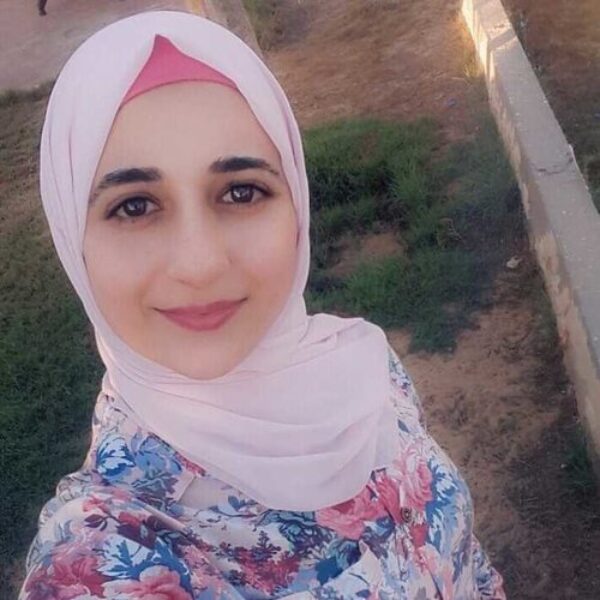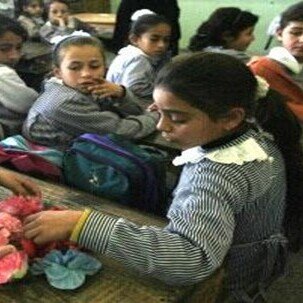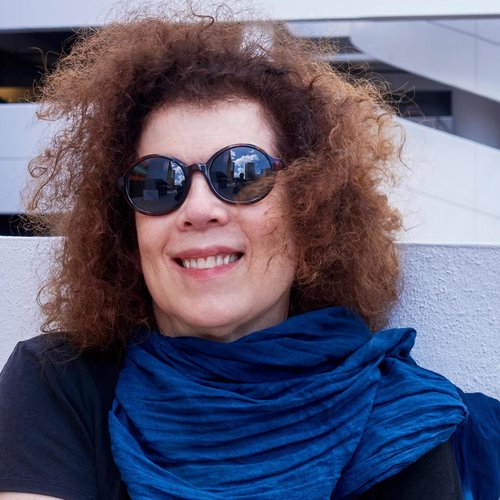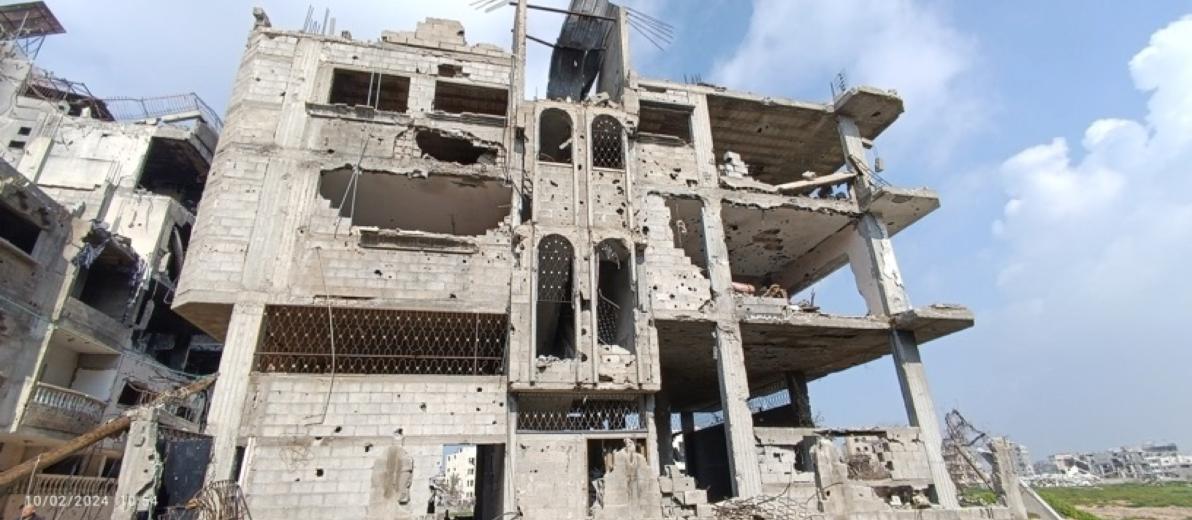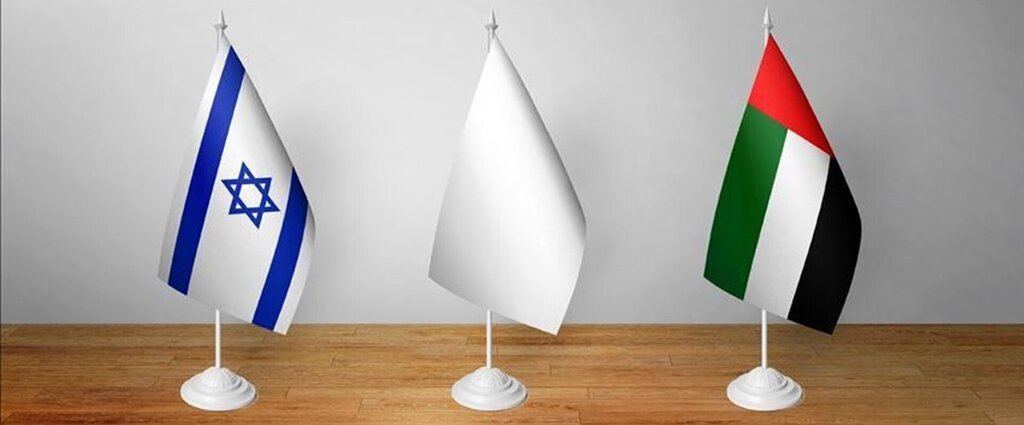
The United Arab Emirates (UAE) and Bahrain have each recently signed normalization agreements with Israel. What does it mean to establish peaceful relations between two states that have never engaged in war with each other? And what does it mean for Palestine? Bahrain’s King Hamad has called for an intensified effort to bring an end to the decades of conflict with Israel, and he claims that Bahrain can “protect our interests from the inside.” Yet Israel’s systematic racism and annexation policies still afflict Palestine. How are these normalization agreements going to change that? How are they going to prevent what happened to my friend and schoolmate, Nouran, from happening again?
Fifteen years ago, on January 31, 2005, the day was cloudy but special. It was the first month of the new year, and the second semester of the fifth grade, and we were scheduled to have a ceremony where all good students would be rewarded for their first semester’s work.
At noon, the school bell rang, and we lined up in several rows to go inside. I heard a sound that was like somebody letting air out of a balloon, so I was giggled and asked my friend beside me in line, “Did you hear that?” Right then, a girl in the line next to ours pushed her classmate’s shoulder and said, “Please stop shoving, Nouran!”
The girl who chided Nouran thought that her friend was goofing around, until she looked at Nouran’s face and saw that it was covered with blood. What I had heard was not some innocuous noise. It was the sound of a bullet whizzing through the air. And Nouran hadn’t been teasing her friend. She had fallen over after being shot.
In shock, screaming and sobbing, we all shoved ourselves against the wall of the schoolyard. I remember Nouran’s blood splattered all over the sandy ground, the wall, and our bookbags. One of the teachers scrambled to reach Nouran. He picked her up in his arms and ran. That was how I saw her for the last time.
Nouran arrived at the hospital a lifeless body. She was killed due to random bullets fired towards the UNRWA girls’ elementary school by occupation soldiers at an Israeli military site called Tarmid, inside Salah al-Din Gate, located on the border between occupied Palestine (Gaza Strip-Rafah) and Egypt.
I’ll never forget the fear in my parent’s eyes when I returned from school that day. Our home was also near the Egyptian border that, before Israel withdrew from Gaza, was under the control of the Zionist occupiers. My mom hugged me while she wept. She murmured, “I won’t let you go to school anymore. It is not safe. I am afraid to lose you one day like that.”
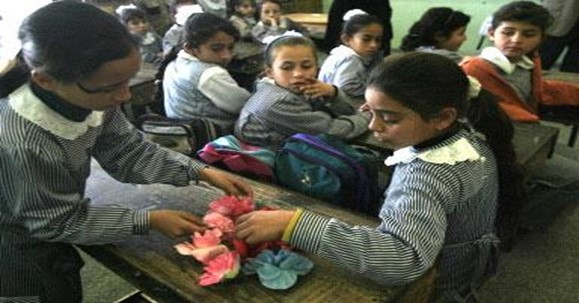
Years passed….
During my university study, I joined a training course as an English language teacher. The training happened to be at that same school, which I had not been inside since completing sixth grade. Now, as I entered the school yard, I saw the tree under which Nouran and I had played. We had been close classmates. In the breaktime, we played hopscotch together under a tree in the schoolyard and shared our meals. I sat with my back against the school yard wall and watched the little schoolgirls playing, laughing and sharing their sandwiches, just like Nouran and I used to do. The occupation has not left any sad mark at this place, but the memory was still etched in my heart.
Is there a chance to change the past of a child living under occupation and her memories filled with such horrible scenes? When Nouran died, I learned about death, loss and the final separation of loved ones. I was too young to experience such knowledge, but because I live under the Israeli occupation, like thousands of other children, I had to realize and experience this pain early in life. The Ministry of Education provided psychological support for the students to help overcome what we witnessed. However, the years have not been enough to help me forget it. I still remember it as if it were happening in front of me for the first time.
My story helps explain why Palestinians choose to keep in resistance even when other Arabic countries raised the white flag. “Peace” agreements that lead to “normalization” cannot change the past or waive our rights. Peace talks are good if they’re real, but not when they’re theater for the occupation.
This is why I ask you to support the Boycott, Divestment and Sanctions (BDS) movement, to make the Palestinian future one that has real peace, where schoolgirls are not target practice for occupation soldiers.

